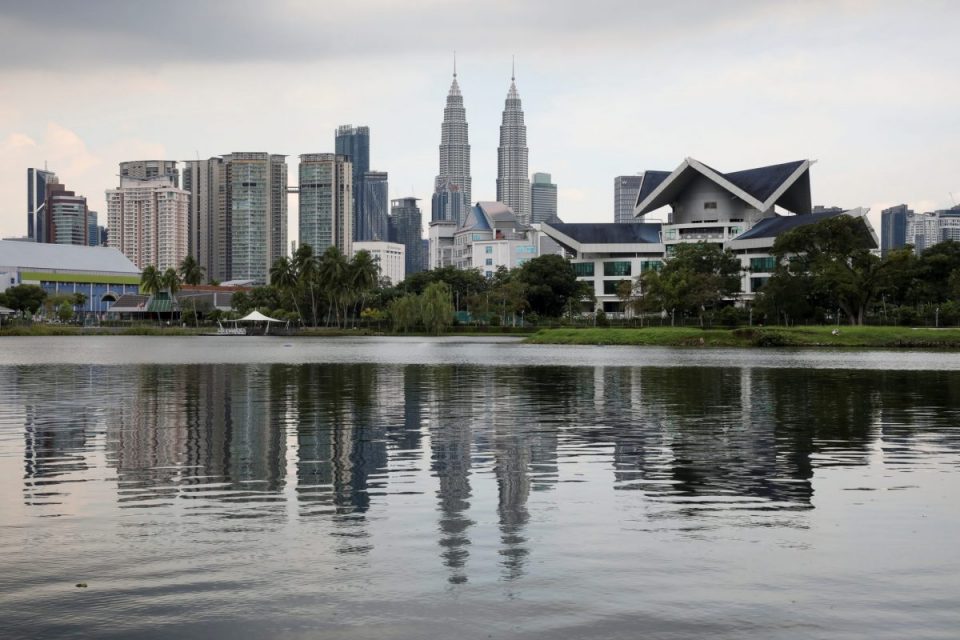KUALA LUMPUR, Oct 10 — Malaysia needs to widen its revenue base to continuously beef up the nation’s health care, education, and social protection, said the World Bank.
Lead Economist (Poverty and Equity) Matthew Wai-Poi suggested the country consider a broader personal income tax base and implement a broad consumption tax with limited exemptions.
“One of the ways to broaden personal income tax base is to expand the sources of personal income,” he told Bernama on the sidelines after the launch of the 28th World Bank Malaysia Economic Monitor (MEM) report, titled Raising the Tide, Lifting All Boats today.
The MEM is the World Bank’s biannual flagship publication on Malaysia’s economic and development progress.
Also present were Economy Minister Rafizi Ramli and World Bank Country Manager for Malaysia Yasuhiko Matsuda.
Matthew said taxes, transfers and subsidies helped to alleviate poverty, while education and health spending further reduced inequality.
He noted that in 2019, taxes, transfers and subsidies had reduced national poverty by 0.9 points, while education and health spending further reduced inequality by 6.5 points.
Nevertheless, taxes and spending in the country are less progressive than those in upper-middle-income countries.
Currently, about 90 per cent of personal income tax in Malaysia is paid by the top 10 per cent of the top 20 (T20) income group, roughly equivalent to 10 per cent of their income.
The next 10 per cent of the T20 group only pay 3.0 per cent of their income, although they can afford to pay more.
As for health taxes, Matthew suggested a 0.4 per cent of gross domestic product (GDP) hike in the tax on tobacco and alcohol.
“It is not huge, but together that is nearly 1.0 per cent of the GDP,” he said.
Meanwhile, World Bank Senior Economist (Macroeconomics, Trade and Investment) Shakira Teh Sharifuddin said Malaysia’s decline in revenue between 2012 and 2022 was one of the steepest recorded among its peers.
She added the lower revenue base is somewhat inadequate to lift the economy.
“In 2022, the poverty rate was at 6.2 per cent versus 5.6 per cent in 2019, while 490,000 households still live below the average national poverty line,” Shakira said.
The fight against poverty is one of the Unity Government’s aspirations to eliminate hardcore poverty in Malaysia.
In the 12th Malaysia Plan’s Mid-Term Review, RM1.5 billion has been approved for programmes and projects which can generate incomes for target groups to eradicate hardcore poverty.
Anwar, also the Finance Minister, said cash aid and the Rahmah programme will be continued and improved to ensure the continued upgrading of the social security network.
— Bernama





